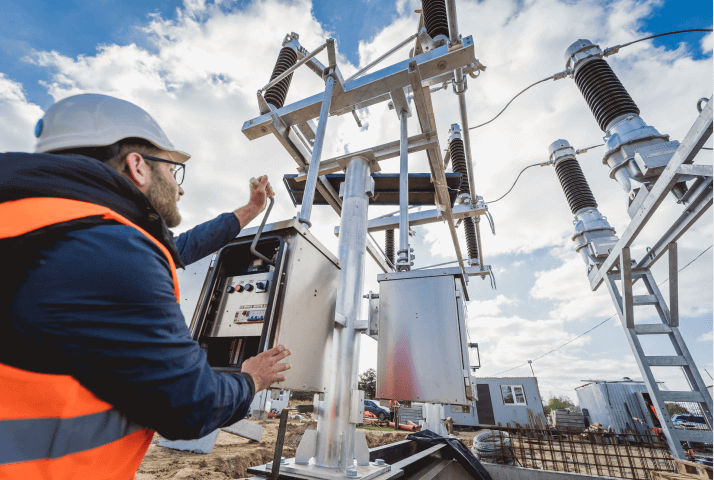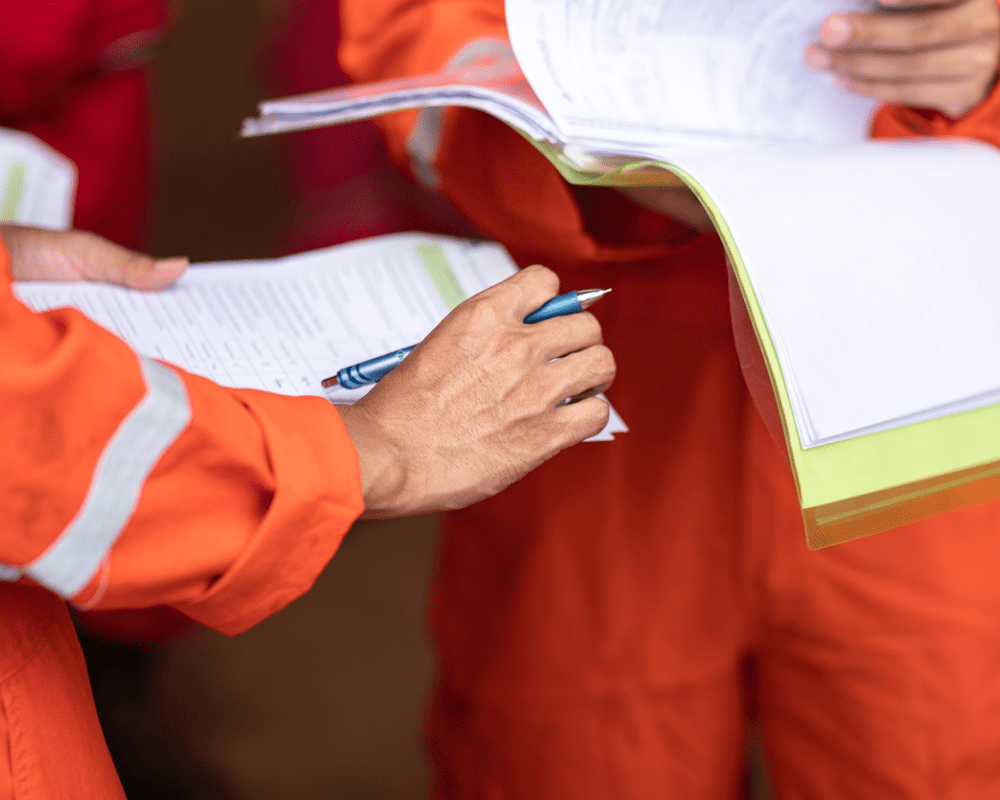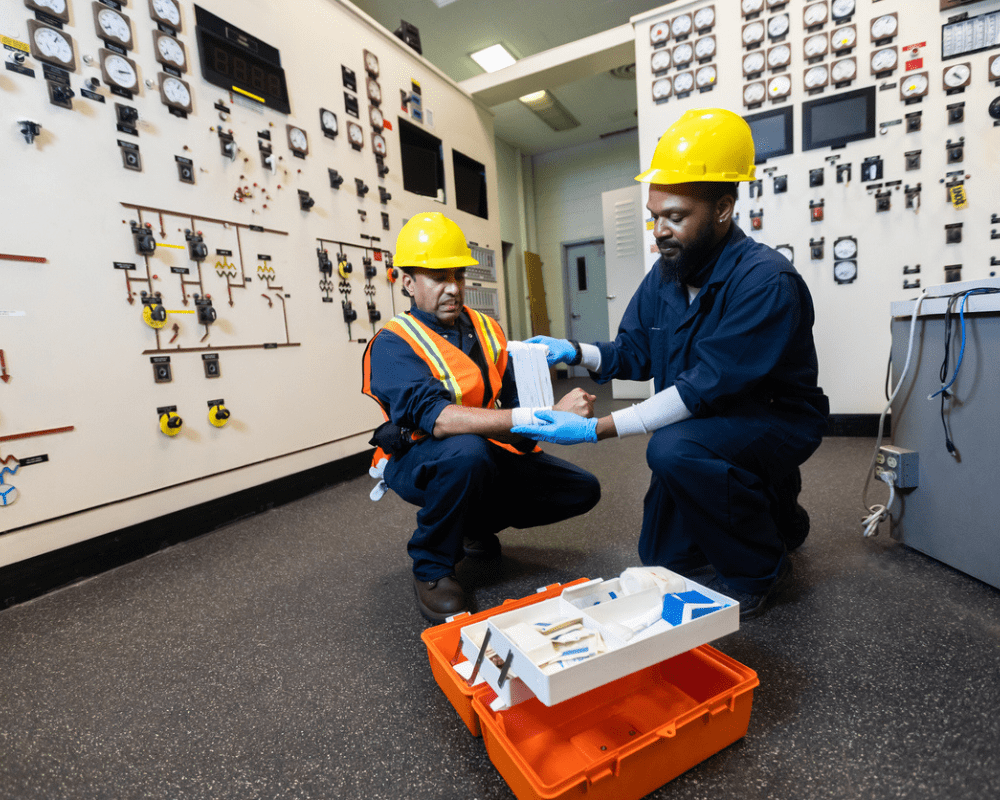Working on the gas network involves a wide range of tasks. Some are routine and follow standard procedures. Others are more complex, unpredictable or high‑risk. These tasks are classified as SCO NRO (Non‑Routine Operations) under the wider Safe Control of Operations (SCO) scheme. In this guide, we explore what qualifies as a Non‑Routine Operation (NRO), why it matters, and who needs valid NRO training to stay compliant and safe.
What Are Non‑Routine Operations (NROs)?
Under the SCO scheme, “Non‑Routine Operations” refers to gas network activities that fall outside standard or everyday work. These tasks are irregular, involve higher risk, or depart from established procedural patterns. NROs require additional planning, formal authorisation, and careful risk management.
Because these operations involve unusual conditions or higher hazards, they cannot be treated in the same way as routine maintenance or regular works. Instead, they demand special documentation, a robust permit/work control process, and personnel qualified to assess and manage the risk.
Why Are NROs Treated Differently?
The reason NROs need separate treatment is straightforward: the risks are greater and more variable. Gas network operations under NRO classification may involve:
- Alterations, tying in or connecting new mains under pressure
- Work on live systems where standard isolation or safety buffers do not apply
- Complex pressure system work, including pressure regulation or switching
- Unplanned or emergency interventions such as gas escapes, leaks, or other deviations from standard operational conditions
- Operations without normal method statements or standard operating procedures, requiring bespoke procedures
Because of these risks, industry standards such as IGEM/GL/6 Edition 3 mandate robust risk‑based management, proper permitry, and detailed documentation before proceeding.
The NRO process ensures that all parties understand the scope, hazards, control measures, and roles before the work begins. It reduces risk and protects workers, the network, and the public.
Common Examples of Non‑Routine Operations
Here are examples of operations that typically qualify as NROs:
- Commissioning or decommissioning a gas main connection under pressure
- Carrying out complex isolations or re‑pressurisation procedures on existing network infrastructure
- Performing work on pipelines where standard method statements or routine operations are not suitable
- Emergency repairs or interventions that require diversion from standard operational procedures
- Any operation involving higher risk due to pressure, environment, live gas exposure, or unconventional tasks
If your job involves any of these scenarios, or other atypical gas network tasks, you are likely dealing with an NRO.
Who Is Responsible for Managing NROs?
Because NROs carry greater responsibility, only certain individuals can authorise or carry them out. These are typically:
- Competent Persons (CPs): Individuals with the right training and knowledge, authorised to perform or supervise complex gas network tasks under the NRO classification.
- Authorising Engineers (AEs): Senior personnel responsible for approving NRO documentation and ensuring all safety measures and procedures are correct before work begins.
Your role will be determined by your employer’s Responsible Engineer based on the scope of work, network pressure levels, and operational risk. The NRO module of the SCO scheme is designed to train both CPs and AEs appropriately.
If your responsibilities include planning, executing, or authorising non‑routine works, you likely need valid NRO registration.
How SCO NRO Training Prepares You
At Jason Rowley Ltd, we deliver the full SCO NRO training course, structured clearly to meet industry standards. Key learning outcomes include:
- Understanding when an NRO is necessary and when network work falls outside routine operations
- Knowing how to complete the correct documentation and NRO form with required detail, identifying hazards, actions, personnel roles, and control measure
- Applying risk‑based management under requirements set by IGEM/GL/6 Edition 3, including isolation, permits, deviations, and emergency procedures
- Understanding the roles and responsibilities of all personnel involved in planning, execution, and authorisation of NROs
- Practical preparation and assessment through real‑world scenarios and case studies to ensure readiness for actual operations
The training gives you formal EUSR registration for the NRO module, which remains valid for five years, subject to renewal as required.
When Do You Need NRO Training?
You should consider NRO training if:
- Your work involves tasks beyond routine maintenance or standard operations on the gas network.
- You are expected to plan, authorise, supervise or carry out gas network tasks that involve pressure systems, live works, high‑risk environments or non‑standard procedures.
- Your employer or the network controller requires valid SCO NRO registration as part of compliance with network safety requirements or contract conditions.
- You hold other SCO modules (Core, Permit to Work, etc.) and require full qualification for non‑routine works.
If in doubt, check with your employer’s Responsible Engineer, they decide who needs NRO registration based on roles and responsibilities.
Risks If You Lack Valid NRO Registration
Attempting non‑routine work without valid training and NRO registration can lead to serious consequences:
- Denied or delayed site access by network operators or contractors
- Non‑compliance with industry safety standards or regulatory frameworks, putting the organisation at risk
- Increased chance of accidents, gas leaks, safety incidents or legal liability
- Loss of reputation and potential exclusion from future contracts
How to Stay Compliant with NRO Training
Check your current EUSR SCO registration. If you have completed Core and Permit to Work but lack NRO, and you expect to carry out complex or non‑routine tasks, you should consider booking training now.
At Jason Rowley Ltd, we offer scheduled and bespoke NRO training dates. We support groups, contractors, and individuals to meet the standard.




